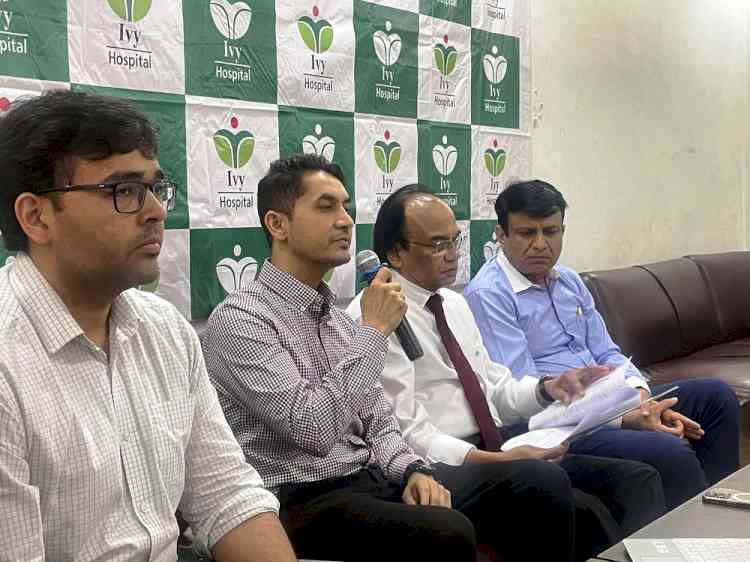Bone marrow device generating blood cells developed
Washington, May 6 (IANS) In a first, Harvard scientists have developed a device dubbed as "bone marrow-on-a-chip" that can be a much-needed tool to test the effects of new drugs and toxic agents on whole bone marrow without resorting to animal...

Washington, May 6 (IANS) In a first, Harvard scientists have developed a device dubbed as "bone marrow-on-a-chip" that can be a much-needed tool to test the effects of new drugs and toxic agents on whole bone marrow without resorting to animal testing.
The latest device reproduces the structure, functions and cellular make-up of whole bone marrow - a complex tissue that until now could only be studied intact in living animals.
"Bone marrow-on-a-chip" can also generate blood cells that can circulate in an artificial circulatory system to supply a network of other "organs-on-chips".
The "bone marrow-on-a-chip" could also be used in the future to maintain a cancer patient's own marrow temporarily while he or she underwent marrow-damaging treatments such as radiation therapy, the researchers said.
"Bone marrow is an incredibly complex organ that is responsible for producing all of the blood cell types in our body. Our bone marrow chips are able to recapitulate this complexity in its entirety and maintain it in a functional form in vitro," explained senior author Don Ingber, founding director of the Wyss Institute at Harvard Medical School.
Wyss Institute researchers packed dried bone powder into an open, ring-shaped mold the size of a coin battery, and implanted the mold under the skin on the animal's back.
After eight weeks, they surgically removed the disk-shaped bone that had formed in the mold and examined it with a specialized CAT scanner.
The scan showed a honeycomb-like structure that looked identical to natural trabecular bone. The marrow looked like the real thing as well.
When they stained the tissue and examined it under a microscope, the marrow was packed with blood cells, just like marrow from a living mouse.
Marrow in the device remained healthy for up to one week.
"This is long enough, typically, to test the toxicity and effectiveness of a new drug," researchers noted.
In the future, the researchers could potentially grow human bone marrow in immune-deficient mice.
So far, scientists at Wyss Institute have built lung, heart, kidney and gut chips that reproduce key aspects of organ function, and they have more organs-on-chips in the works, said the study that appeared in the journal Nature Methods.

 cityairnews
cityairnews 















